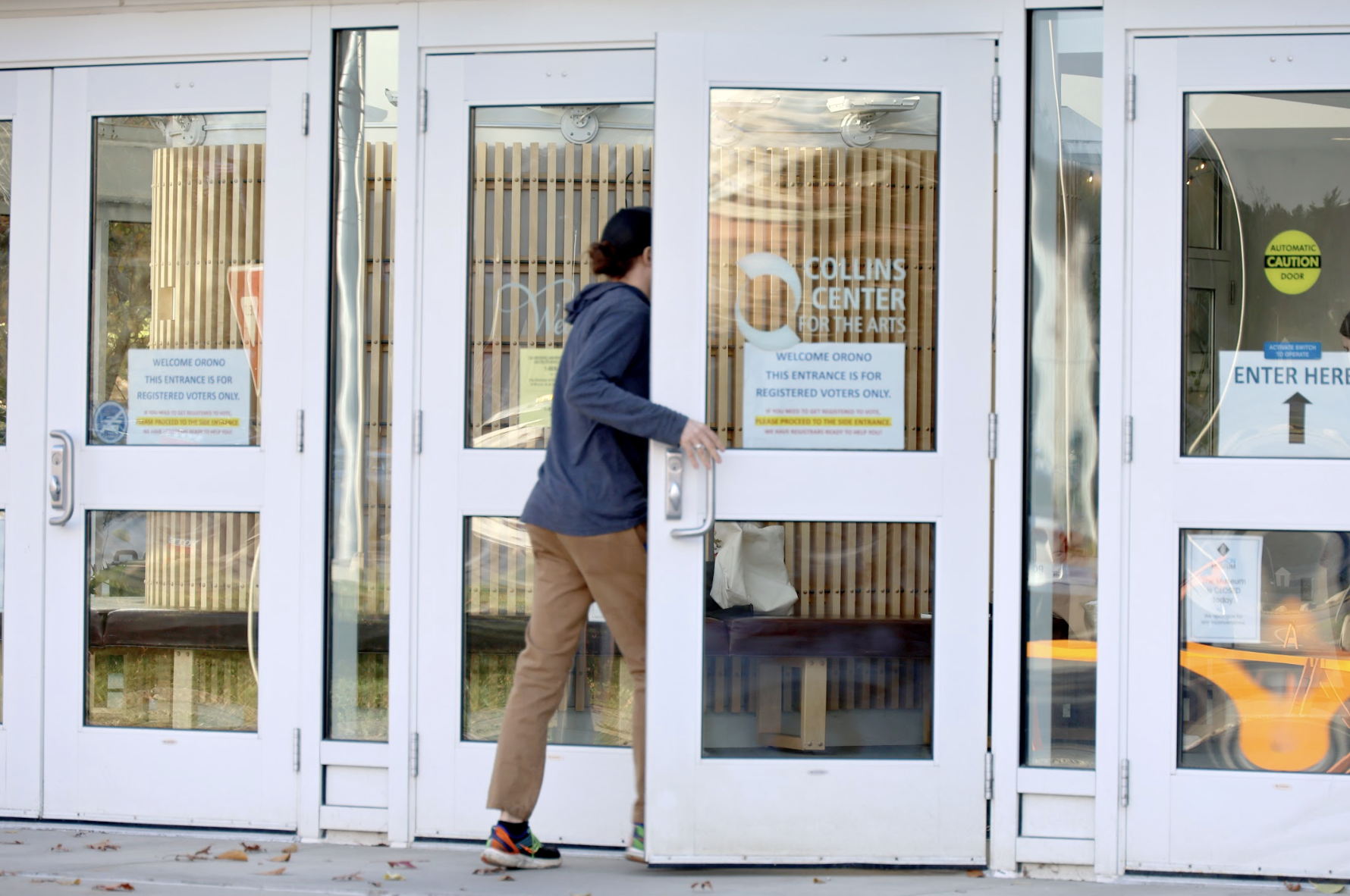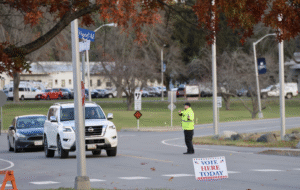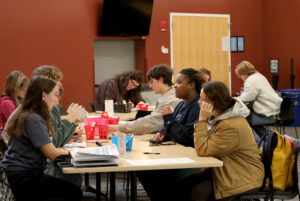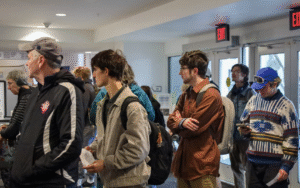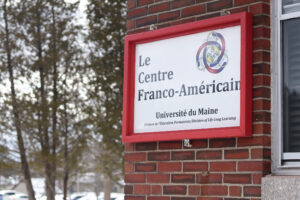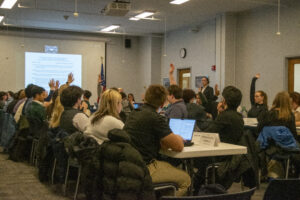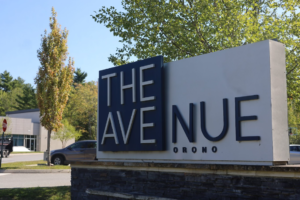OPINION: Today, Nov. 4, the people of Maine voted on two referendum questions. Question one proposed an act of legislature which, if passed, would greatly limit voters’ access to casting their ballot.
But what does this have to do with the University of Maine culture? Well, a lot actually. Now is a point in history where being active in politics is one of the most important things you can do. And, fittingly, voting is one of the most powerful tools you have in making your voice heard. To many, this question attacks their rights as a U.S. citizen. To better understand the feelings around this topic, voters leaving the University of Maine polling place were asked their thoughts.
“I voted no because I am a permanent resident of Massachusetts, and because I go to school here doesn’t mean that I should not have a right to vote there. And I would like my absentee vote. And I think that other people that are from Presque Isle deserve an absentee ballot so that they don’t have to go and drive for eight plus hours to just vote and then come back to school. That’s not fair,” said Mikayla Pollard, third-year kinesiology and physical education major.
Pollard brings up an issue with this legislation that should hit home for many students. Cutting back on absentee voting cuts back on college students’ ability to vote in their home state.
Pollard was not the only one with this sentiment.
“I think that is entirely ridiculous, considering the fact that millions of Americans every election use mail-in voting and I think it disables some people entirely and could count as an infringement on their right to vote”, said fourth-year Peter Birch.
When asked if this legislation would impact him he responded, “It does. I mail absentee every time.” Here we start to uncover the relevance to UMaine students.
To continue to gauge opinion on this topic, voters were interviewed on the way out of the polls.
When Carina Gatti, kinesiology student at UMaine, was asked how they voted on question one, they responded “No… because I think it makes voting inaccessible. Voting should be as accessible as possible. Anybody of any age and ability should be able to vote within the appropriate dates, like within reason. So everyone should have an opportunity to vote regardless of who they are.”
The next voter to exit the polls explained their thoughts on Question 1.
“Having it read out to me now, I understand that that is very bad. Voter rights mean getting your voice heard no matter your age, race, gender, where you come from. Everybody’s voice and opinions matter,” said Alex Melendez, a third-year music education student at UMaine.
What was most interesting is that I failed to encounter someone who voted yes on Question 1. Perhaps it was the sample, or perhaps the students of UMaine do not want such legislation to interfere with their rights. What has not been fully explored is the impact it will have on the elderly and disabled. I am willing to assume nearly every student on this campus has someone they care about who fits this category.
Grace Wallinga, fourth-year biology and English student at UMaine, weighed in with her experience as a senior certified residential medication aid.
“I worked in a nursing home where a lot of the residents had nobody to go and get a ballot for them except the administrator. And with the new regulations, the administrator would no longer be able to get them a ballot, thus disenfranchising large groups of elderly. Maine has a very large, older generational population and is disenfranchising them. We would lose a huge portion of our voters,” said Wallinga.
The students of UMaine made it clear to me that they were against Question 1, and you would likely be hard pressed to find many who would disagree. Access to fair and simple voting methods is important in maintaining what we have left of a democracy. The final result of this election could have a major impact on future ballots, and as students in Maine we have the privilege to fight for what we believe in.
To end this story I would like to include the final statements of some of those interviewed today.
“Everyone should vote,” said Gatti.
Then, more lightheartedly, “go Black Bears,” said Melendez
